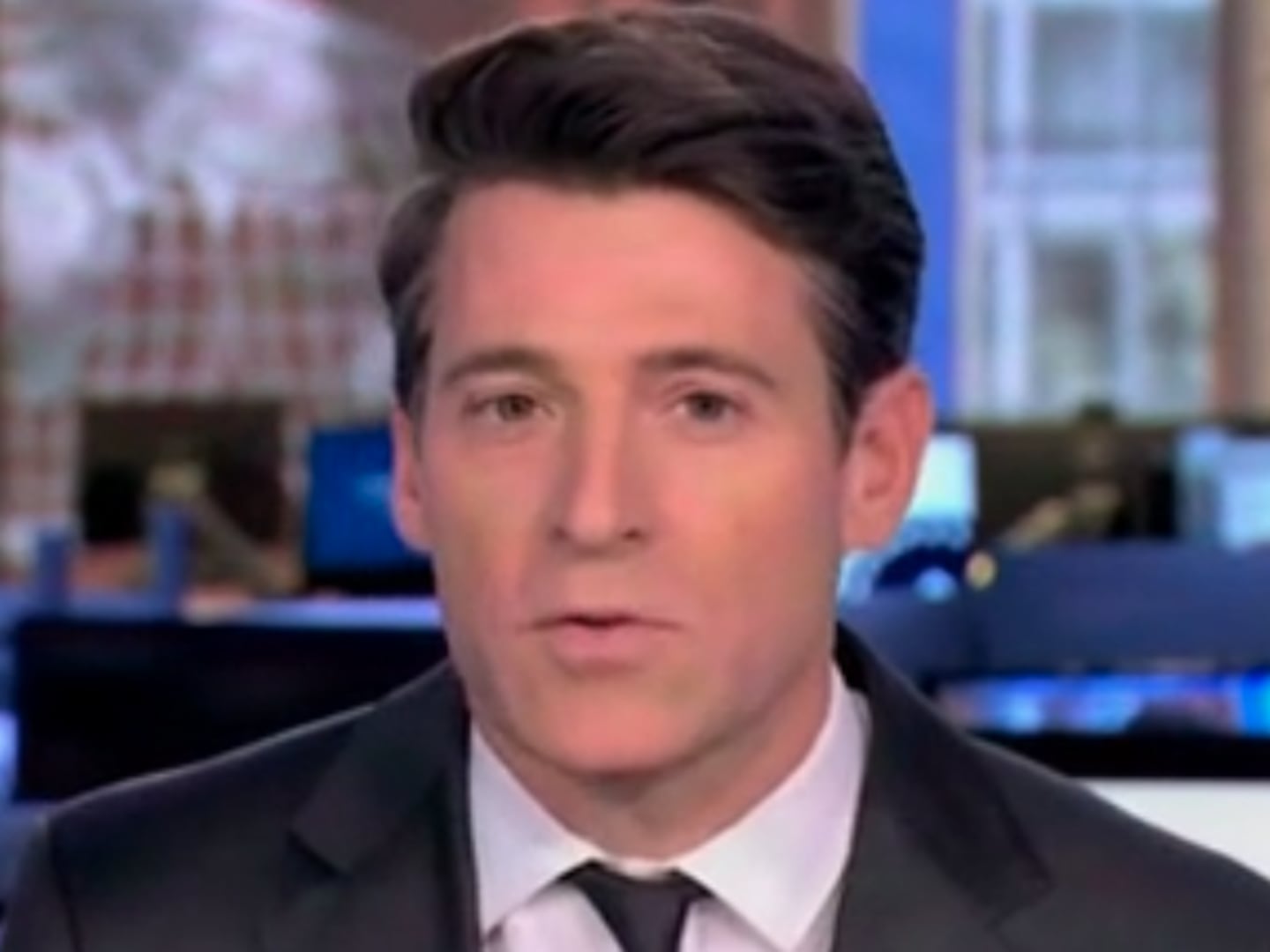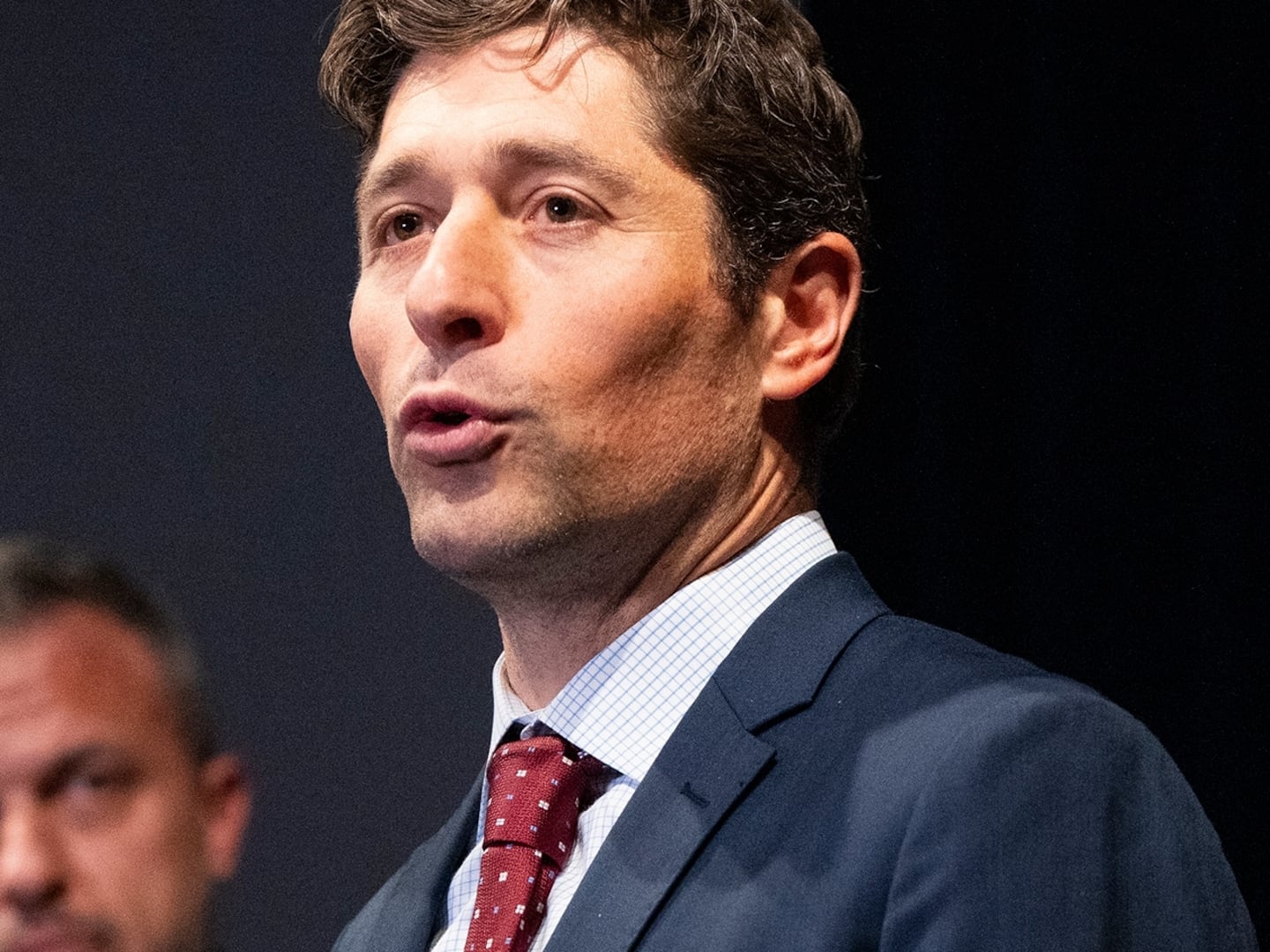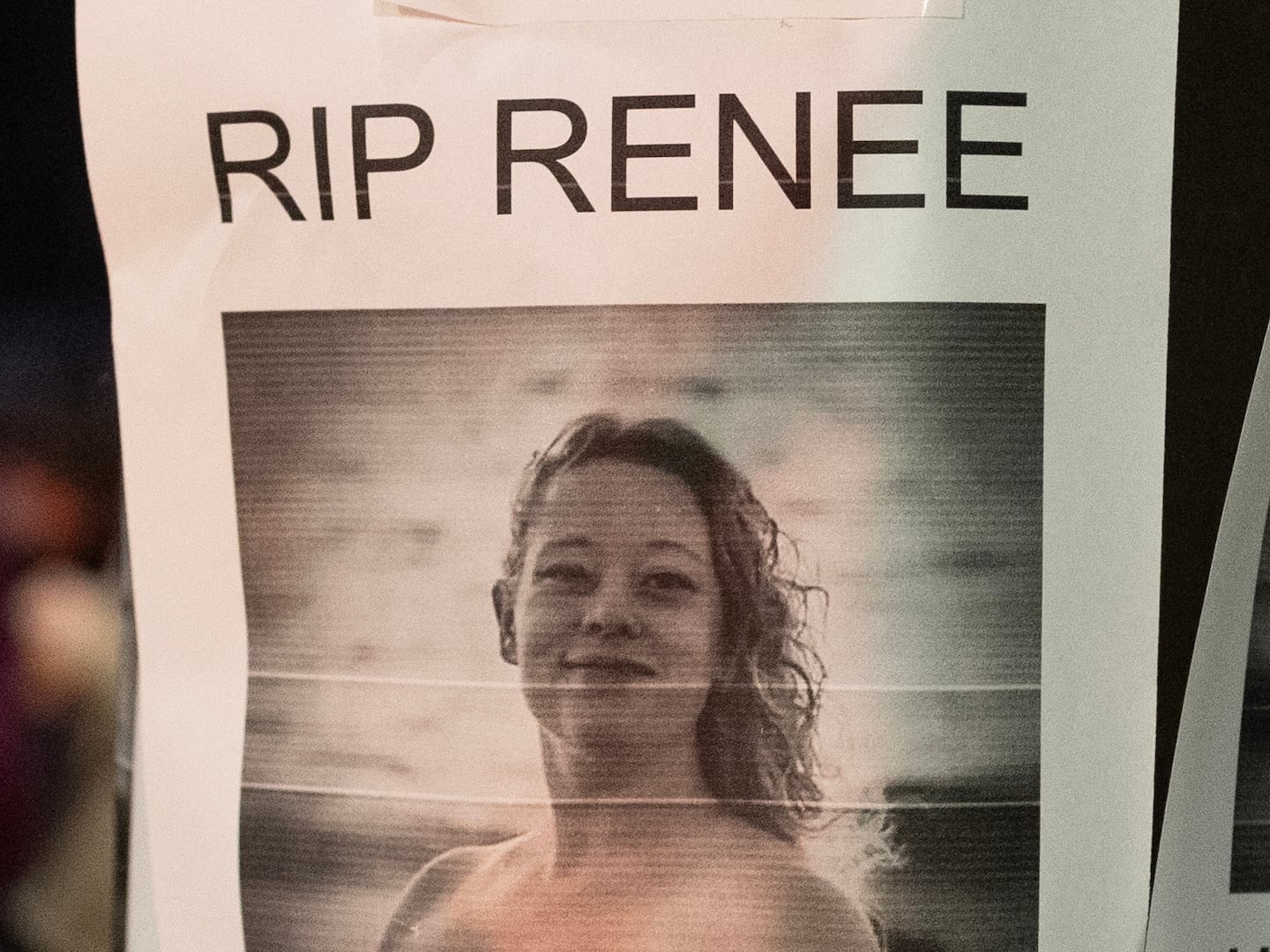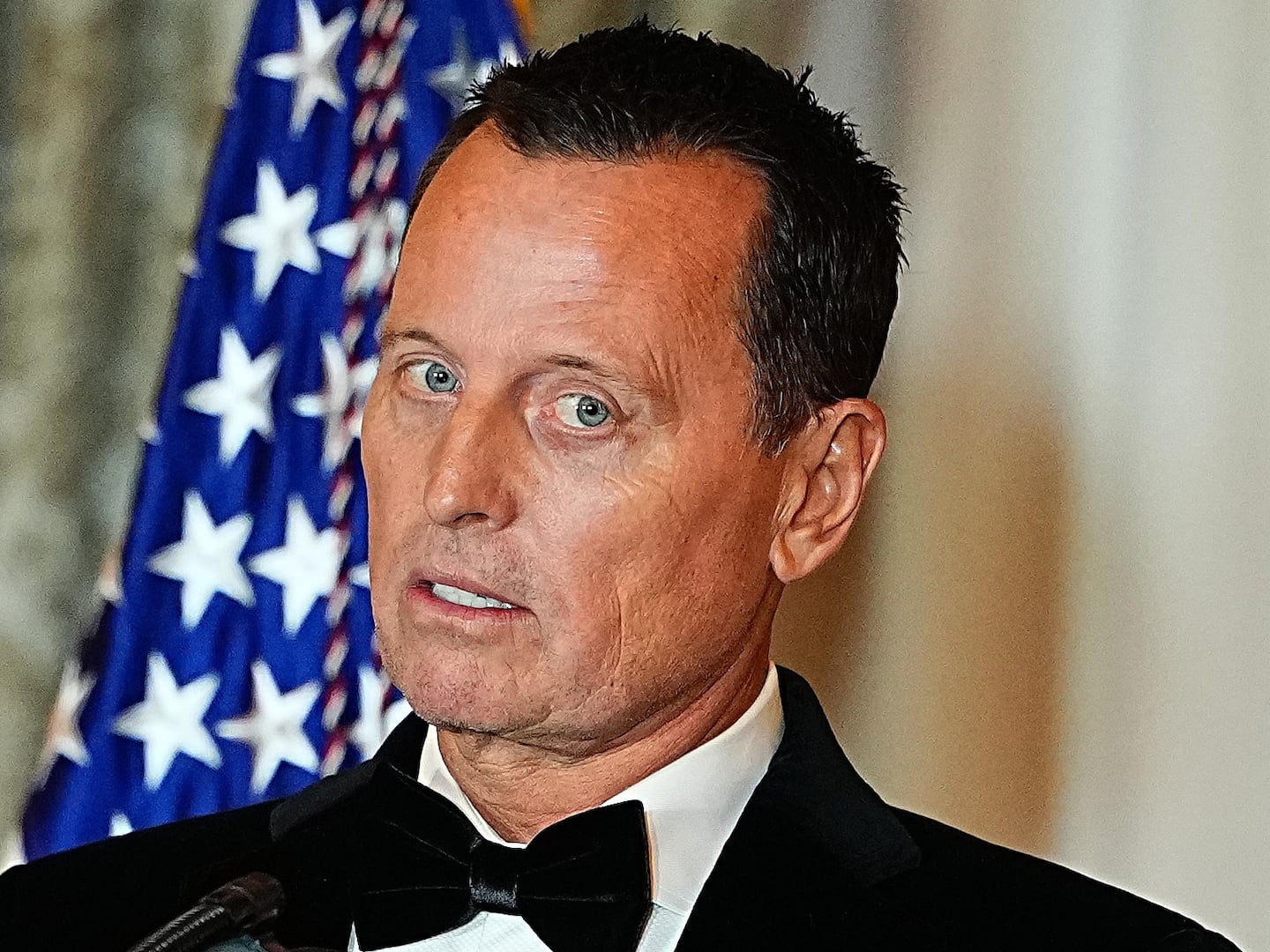A few years ago I went skydiving. The purpose was twofold. I wanted to check the experience off of my bucket list, and I was also writing about it for a women’s magazine.
As it turned out, jumping out of the plane ended up being the least terrifying part of the experience.
During the hours I spent at the jump location waiting for my turn I kept telling my friends a man there looked familiar. It bugged me much of the afternoon, and at one point I assumed he was maybe a character actor who had one of those “that guy” faces recognizable from bit parts in film and television.
But it all became crystal clear whom he was when we went up in the plane with him and just three others. The pilot called the man “Alex” and we then noticed an ankle monitor peeking out of his clothes. The man whose face I recognized was none other than Alex Kelly, the infamous “Preppy Rapist.”
Kelly became notorious when, after being accused of raping two students in his upper-class community in Connecticut, he fled the country and gallivanted around Europe. He escaped capture for years, thanks in part (according to the FBI) to the financial support of his parents. His story was the subject of endless media coverage, including a made-for-TV movie, and he was eventually extradited back to the U.S. after surrendering to Swiss authorities. In 2007, he was released after serving a decade in prison.
Though I was completely rattled by being in close quarters with him, and confided so in the tandem instructor hired to jump with me, I refused to let this rapist ruin an experience I’d waited a lifetime for. So I remained in the plane and completed my jump. Looking back I now realize that the fear I felt being trapped in an enclosed space with a sex offender probably made it easier for me to jump out of the plane: Who wouldn’t want to find the nearest exit when confronted with a sexual predator?
When I landed, I confronted the people working at Connecticut Parachutist, the company that coordinated my jump. They assured me that putting him in my plane was a rare misjudgment and that he would not be placed on flights with female customers again. Convinced by their seeming sincerity, I decided not to publicize the incident. I take the responsibility of having a public platform seriously, and I weighed the likelihood of how harmful my revelation could have been to a mom and pop business for what, according to them, was an unintentional mistake.
Furthermore, I discussed the matter with friends, who were split on the issue. A few shared my outrage, while others said begrudgingly “Well, technically he has paid his debt to society, so…”
But this week it was revealed that Kelly has spent recent years working as a tandem instructor and was even promoted to a management role, meaning he continued going up in small flights with passengers, including unsuspecting women.
This may not seem like a big deal to some but, as anyone who has gone skydiving will tell you, it’s a fairly intimate experience. In addition to the close quarters, you all buddy up and help each other. I didn’t think twice about my tandem instructor making sure I was zipped snuggly into my jumpsuit and repeatedly stroking my hair to get it out of my eyes to make sure the photographer got the perfect shot. I would have thought twice if he were a rapist. (When reached for comment for this article, all the company would say is that “[Alex Kelly] is no longer affiliated with Connecticut Parachutist.”)
Which raises the question: How do we find a balance between giving former felons a second chance, and making sure the public feels safe?
The “Ban the Box” movement—which looks to end the practice of asking questions about criminal history on employment forms—has been gaining traction nationally.
While progressive criminal justice advocates have been the movement’s primary supporters, in recent years the effort has gained bipartisan backing.
Koch Industries, the business enterprise of the Koch Brothers, has banned the box from its hiring practices, joining other major businesses such as Wal-Mart. And a growing number of both Democratic and Republican governors who have outlawed the practice in their states. Connecticut, where Alex Kelly works, passed such a measure in 2010.
Alyssa Aguilera is the political director for VOCAL-NY, and is credited with helping to pass the country’s strongest “Ban the Box” law in New York City in June. The city’s Fair Chance Hiring Act prohibits employers from asking about criminal records until a conditional job offer has been made. In an interview Aguilera explained, “Nearly one in four adults have a criminal record. Because the racial disproportionality of our criminal justice system, this disproportionately effects black men.”
When asked about the Kelly case specifically, Aguilera was not surprised that, unlike most felons, he seemed to have a fairly easy time establishing himself in a new career shortly after release, and that it was important “to bring in the bigger context of discrimination in hiring.” Aguilera cited the numerous studies that have found racial bias in employment decisions. A particularly notorious study found that black men without a criminal record had as much chance of being hired as white men with one.
Kelly is white and affluent, so his post-prison journey—despite being convicted of a violent crime that made international headlines—has still likely been easier than that of many minorities convicted of non-violent offenses.
Aguilera noted that the Fair Chance Hiring Act excludes jobs that include working with “vulnerable populations,” such as children or the elderly. But when it comes to those convicted of violent offenses seeking employment, she acknowledged there are no easy answers.
“There are some people who did some pretty heinous stuff,” she said. “But I think that we have to figure out how to deal with them because if they’re out of prison they’re in our communities and we have to give people the opportunity to be productive and rebuild themselves.”
The only other solution I can think of isn’t a policy one. Unfortunately, maybe the time has come for female consumers to get used to asking those we do business with directly if they’ve done background checks on their employees. You know, before I let that maintenance guy into my home, or let that skydiving guy strap himself to me.






